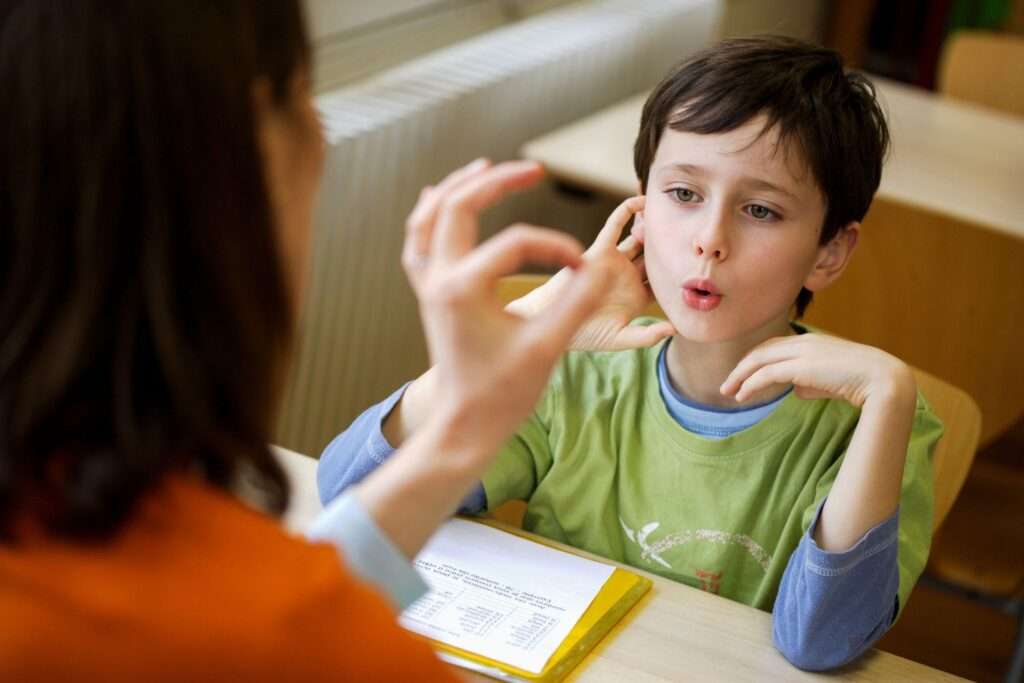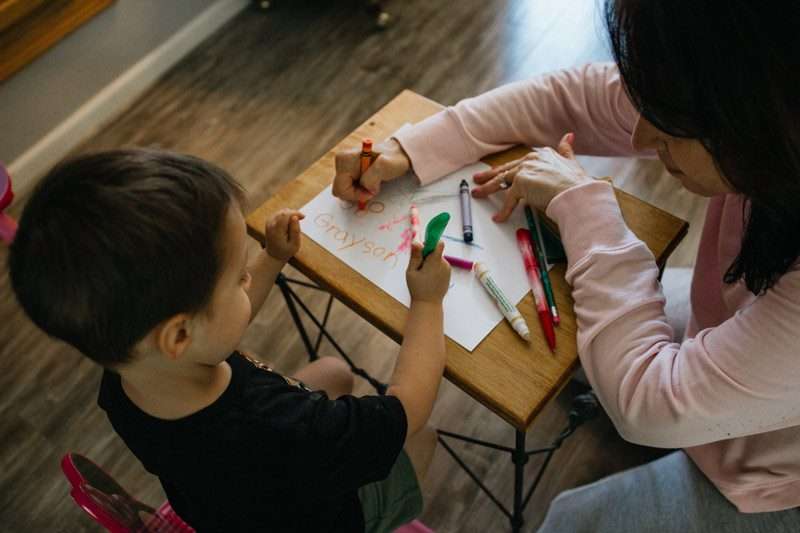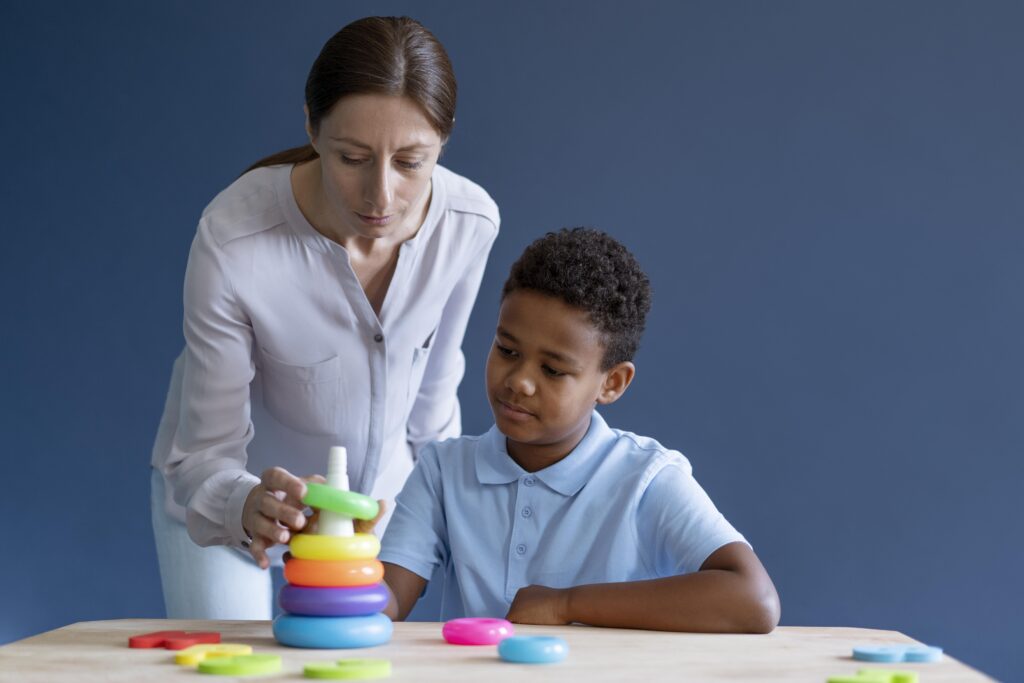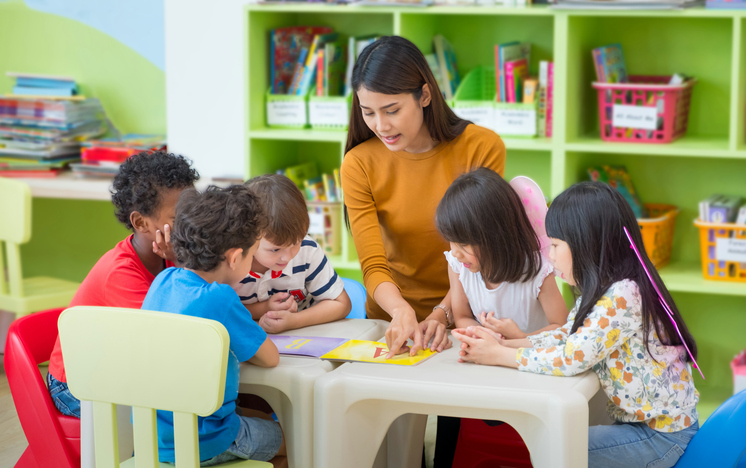Behaviour Related Therapy
Behaviour Related Therapy
Special needs children have a wide range of needs, and most of them present signs of behavioural issues. The nature and severity of these behavioural issues differ depending on the level of disability. Children with special needs are more likely to engage in maladaptive (problem) behaviour, which might include disruptive, aggressive, and repetitive behaviours.
Behavior therapy is a type of behavior management technique that refers to strategies that use reinforcement and punishment to increase or decrease specific behaviors.
The behaviours may be considered as maladaptive or problematic when:
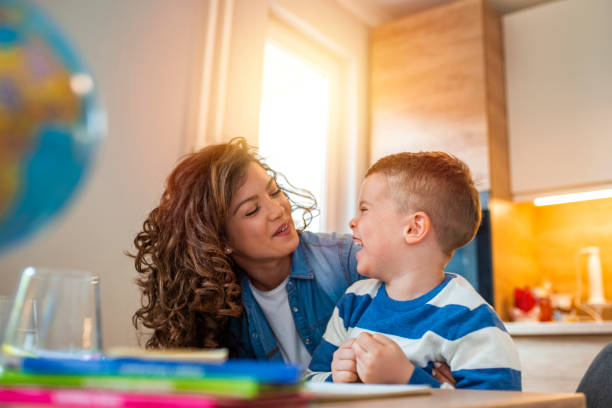
- They are dangerous to themselves or others.
- Their behaviours interfere with the learning process.
- The frequency of maladaptive behaviours is high.
- They are not able to achieve age-appropriate milestones due to underlying behaviours.
- They are socially deviant and harmful to their peers.
Behavioural Therapy is an action-oriented therapy that aims to identify and change potentially harmful, self-destructive, and unhealthy behaviours. Through behavioural therapy positive desired behaviours are reinforced using evidence-based specialised structured techniques like ABA (Applied Behaviour Analysis). The negative or unwanted behaviours are minimized through systematic intervention both in individual and group settings.
The goal of Intervention depends largely on the child’s individual needs. ABA often results in children:
- showing more interest in people around them
- communicating with other people more effectively
- learning to ask for things they want (a certain toy or food, for example), clearly and specifically, and not showing maladaptive behaviours for the same
- having more focus at school
- reducing or stopping self-harming behaviors
- having fewer tantrums or other outbursts
Long term Outcomes of ABA
Increasing on-task behaviour, task completion, compliance, impulse control, reduction in hyperactivity, disruptive behavior, and aggression. Overall, behaviour therapy enhances parent-child interactions, which improves the quality of family life and creates an atmosphere that is conducive to the child’s development.

